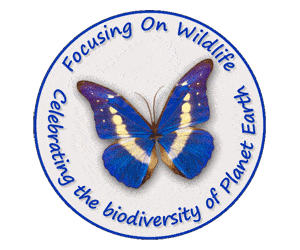The following letter appeared in the Saturday, Oct. 10th edition of the Winnipeg Free Press, Winnipeg, Manitoba, Canada. (Photo added by PinP.)
 |
| Sows like this spend much of their lives in tiny steel cages. |
Re: Changes needed to protect farms, animals (Opinion, Oct. 5)
As a former executive director at the Winnipeg Humane Society, I feel compelled to respond to Bill Campbell’s op-ed on the need to protect farms and animals. After starting at the Humane Society in 1994, I quickly came to learn that some of the most egregious suffering imposed on animals by humans occurs in the industrial barns of today’s animal agriculture.
I am not speaking of the few remaining family farms, but rather the large industrial-style buildings that house thousands of animals in small confined spaces with no access to the outdoors. These operations treat the animals more like cars on an assembly line, as they do not allow the animals to fulfill natural instincts and limit their movement severely. In short, the millions of animals raised for food in Canada are enduring lives of chronic suffering due to the very conditions that are allowed under our laws.
Anyone can check the facts by looking at the Animal Care Act of Manitoba. At first glance, it’s reassuring to see that animals shall not be confined with inadequate space, unsanitary conditions, or without opportunity for exercise. But just move down to the next section and you will see the list of animals that are exempted from the above requirements, and agricultural uses of animals are at the top of the list.
So, recent moves to bring in “ag-gag” laws are by no means aimed at bringing further protection to animals, but rather to keep the barn doors tightly locked so the public will not be able to see how the pigs and chickens providing food for us are actually living. In my view, industrial animal agriculture is unethical and, as a society, we should be working to ensure that animals raised for food are treated humanely as living creatures, not assembly-line parts.
VICKI BURNS
Winnipeg
RELATED:









